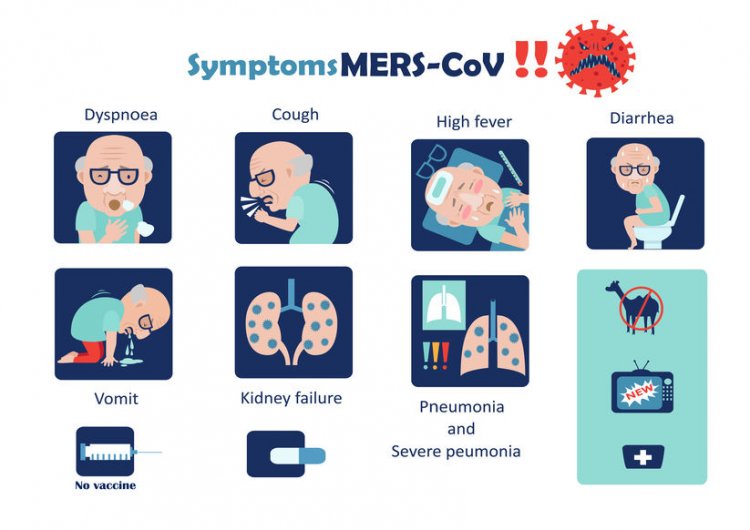What Are the Symptoms of COVID-19?
Perhaps the most challenging part of dealing with COVID-19 is the variations it has in terms of symptoms.

Perhaps the most challenging part of dealing with COVID-19 is the variations it has in terms of symptoms. Some people remain asymptomatic (a patient who is a carrier for a disease or infection but experiences no symptoms) while others experience mild illnesses. However, for a category of people, the virus can be potentially fatal.
Studies suggest that immune-compromised people or those with certain medical conditions are at a greater risk of their infection worsening due to the coronavirus. Examples of such pre-existing conditions include:
- Diabetes
- Severe obesity
- Kidney-related ailments
- COPD
- Asthma
- Cancer
- Serious heart conditions like cardiomyopathy
- Liver disease
- Nervous system disorders
- Hypertension
However, the virus has also shown to be fatal for perfectly healthy individuals. Symptoms can develop within two to fourteen days of virus exposure. Some signs that should alert you regarding the infection include:
- High-grade fever with chills
- Cough or flu-like symptoms like runny nose and congestion
- Shortness of breath
- Easy fatigability
- Generalized body aches
- Headache
- Loss of sense of smell and taste
- Diarrhea
- Nausea and vomiting
















